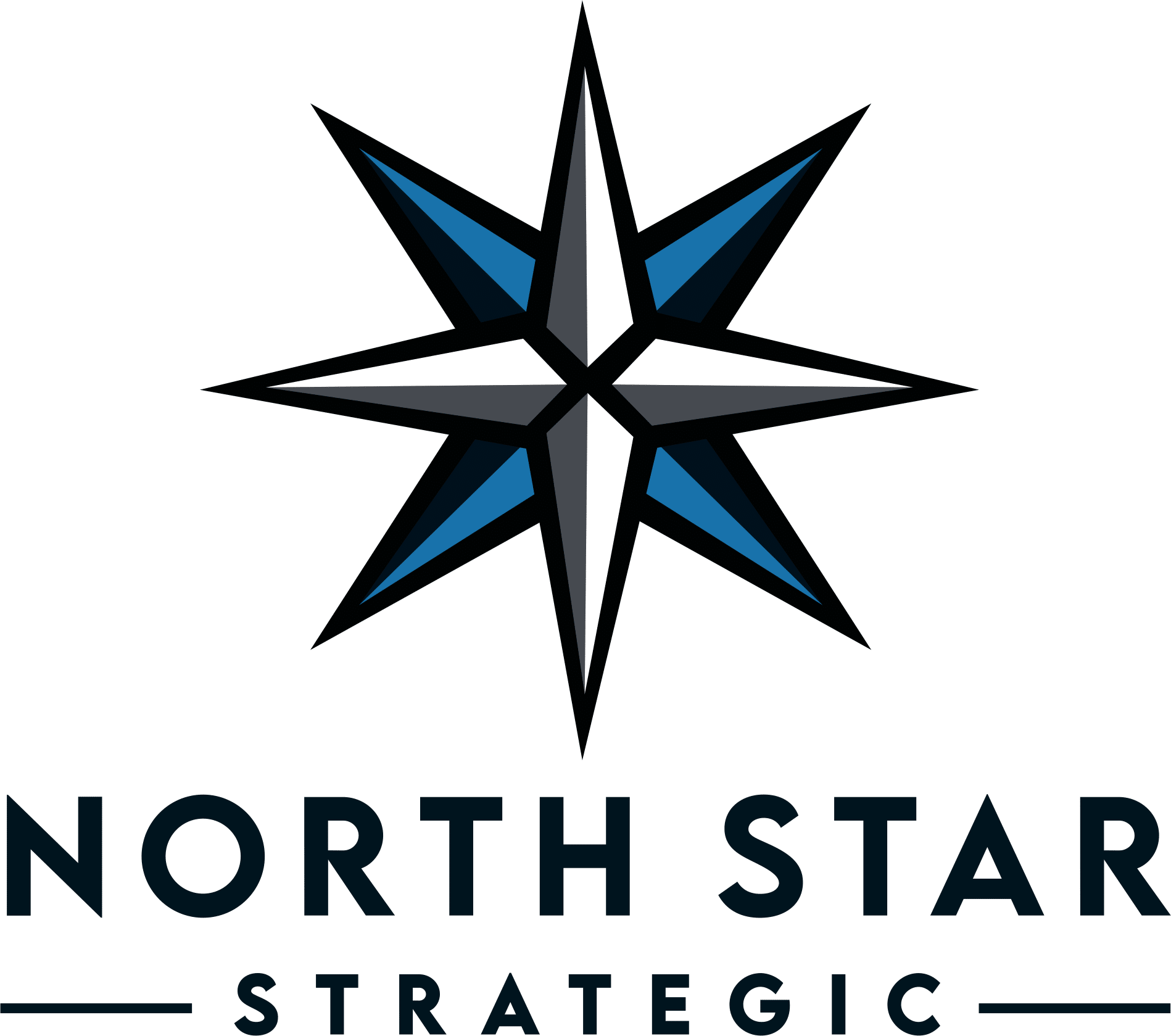Megatrends are transformative forces that reshape societies, economies, and personal lives over decades. Unlike fleeting fads, they’re slow-moving but create lasting change, affecting consumer behaviors, policy, and industry structures. First popularized by futurist John Naisbitt in Megatrends: Ten New Directions Transforming Our Lives (1982), megatrends have guided strategic planning for leaders like Indra Nooyi during her tenure as CEO at PepsiCo. Today, these trends continue to evolve, defining our world and offering businesses strategic opportunities.
To better understand the concept, consider these Megatrends that are now shaping our world.
Megatrends Shaping 2024
- Digital Transformation
The rapid rise of AI, big data, and IoT has transformed industries and daily life, enhancing efficiency, enabling new models, and driving predictive analytics in sectors like healthcare and finance. - Sustainability and Climate Action
Rising environmental awareness has spurred innovation in clean technologies and sustainable products. Companies are investing in green practices and setting ambitious goals, aligning with consumer demand for eco-friendly solutions. - Health and Wellness Focus
Health and wellness have become top priorities, with increased demand for products supporting preventive care and mental well-being. The pandemic accelerated this trend, emphasizing resilience and holistic health. - Changing Demographics and Aging Populations
An aging population and shifts in workforce demographics create demands in healthcare and policies supporting diverse workforces. This trend is especially evident in developed economies, with significant youth growth in emerging markets.
These megatrends collectively influence societal norms and technological progress, shaping the world of 2024 and setting the stage for future transformation.
The Next Decade’s Megatrends
The following ten megatrends are likely to redefine our world over the next decade:
- AI and Automation – Revolutionizing industries from healthcare to logistics.
- Climate Adaptation – Emphasis on resilience, sustainable tech, and circular economy practices.
- Aging and Demographic Shifts – Shaping policies and products for older adults and growing youth populations in emerging markets.
- Health and Biotech Revolution – Advances in personalized medicine, wearable tech, and gene editing.
- Shifts in Economic Power – Emerging markets challenge traditional economic powers, reshaping global trade.
- Urbanization and Smart Cities – IoT and AI drive efficient, sustainable urban living.
- Digital Security and Privacy – Investments in cybersecurity as digital threats grow.
- Energy Transition – Moving to renewables like solar, wind, and hydrogen.
- Future of Work – Hybrid models and lifelong learning reshape careers.
- Consumer Empowerment – Digital platforms amplify demand for ethical, transparent business practices.
These trends will impact every facet of society, influencing innovation, sustainability, and adaptability.
Aligning Business with Purpose to Leverage Megatrends
Aligning a business with purpose not only builds resilience but also positions it to capitalize on emerging megatrends. Here’s how:
- Enhanced Resilience
Purpose-driven businesses prioritize long-term impact, fostering loyalty among customers, employees, and partners. This approach provides agility to adapt to shifts in consumer expectations and regulatory changes. - Stronger Brand Trust
Companies aligned with social responsibility and transparency build lasting trust. In a world valuing ethics and sustainability, purpose-driven brands gain loyalty and stand out in high-expectation markets. - Attraction and Retention of Talent
Millennials and Gen Z seek meaningful work, making purpose-oriented companies magnets for top talent. With work trends evolving, a strong purpose cultivates a culture of engagement and productivity. - Sustainable Innovation
Purpose-led innovation addresses real-world problems, from eco-friendly products to health tech. These solutions are well-positioned in industries evolving around health, sustainability, and urbanization. - Access to Investment
Purpose-driven companies attract ESG-conscious investors. By prioritizing environmental and social responsibility, they open doors to impact-focused capital, fueling sustainable growth. - Customer Loyalty and Growth
Values-based businesses foster long-term loyalty, with customers becoming advocates. As consumers demand transparency, purpose-driven companies can drive sustained, customer-centered growth. - Proactive Regulatory Alignment
Purpose-aligned companies stay ahead of evolving regulations around sustainability, data privacy, and ethics. This proactive approach reduces risk and establishes a reputation for ethical compliance. - Positive Reputation and Public Goodwill
Companies with a strong purpose enjoy community support and goodwill, enhancing resilience during crises and fostering positive public relations. - New Business Models
Purpose enables models that create shared value, like circular economies or social enterprises, which offer unique relevance and societal impact. - Sustainable Long-Term Growth
Purpose-driven growth focuses on steady, ethical expansion, building stability and positioning companies to leverage new market opportunities within megatrends.
In short, aligning with purpose is a powerful strategy to thrive amid transformative megatrends. It builds resilience, fosters trust, and positions businesses as leaders in a rapidly changing world.






